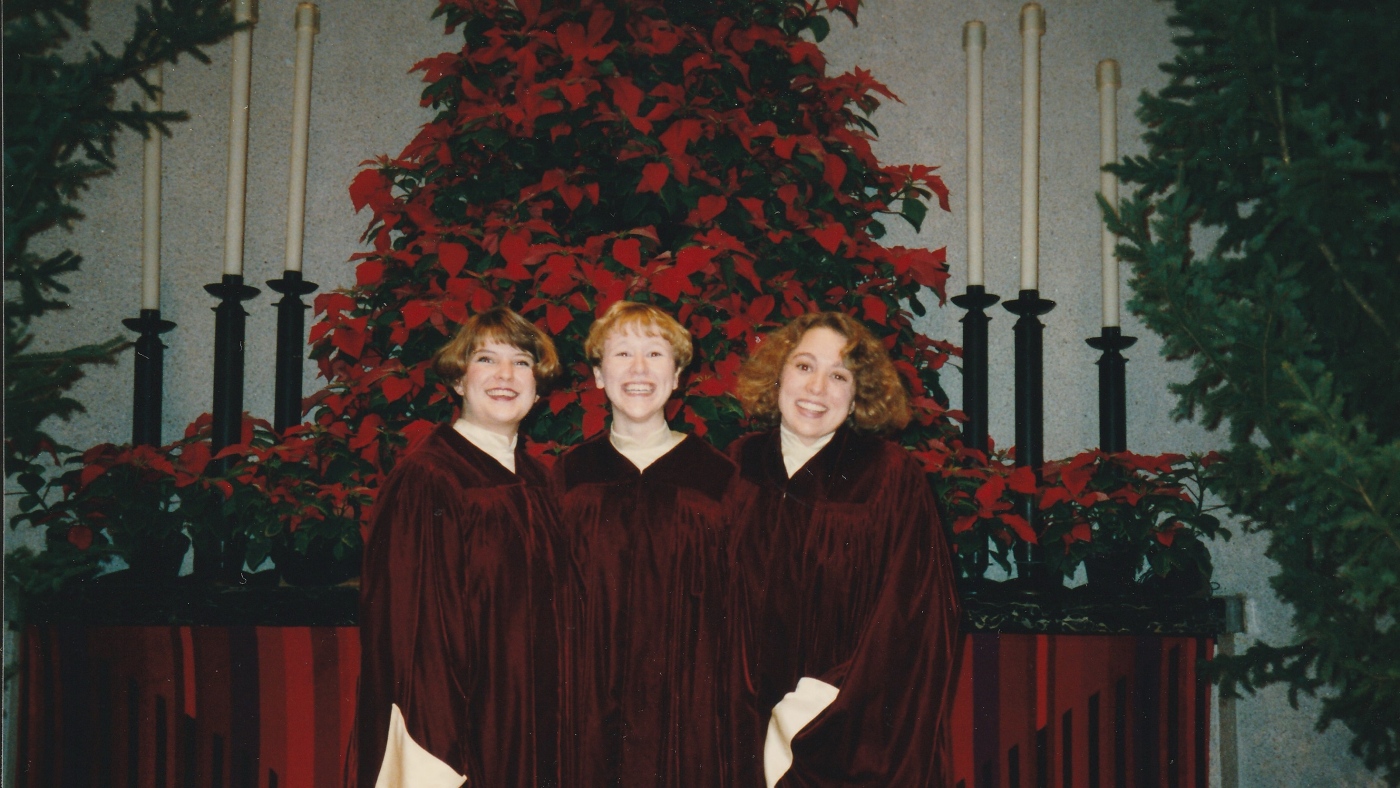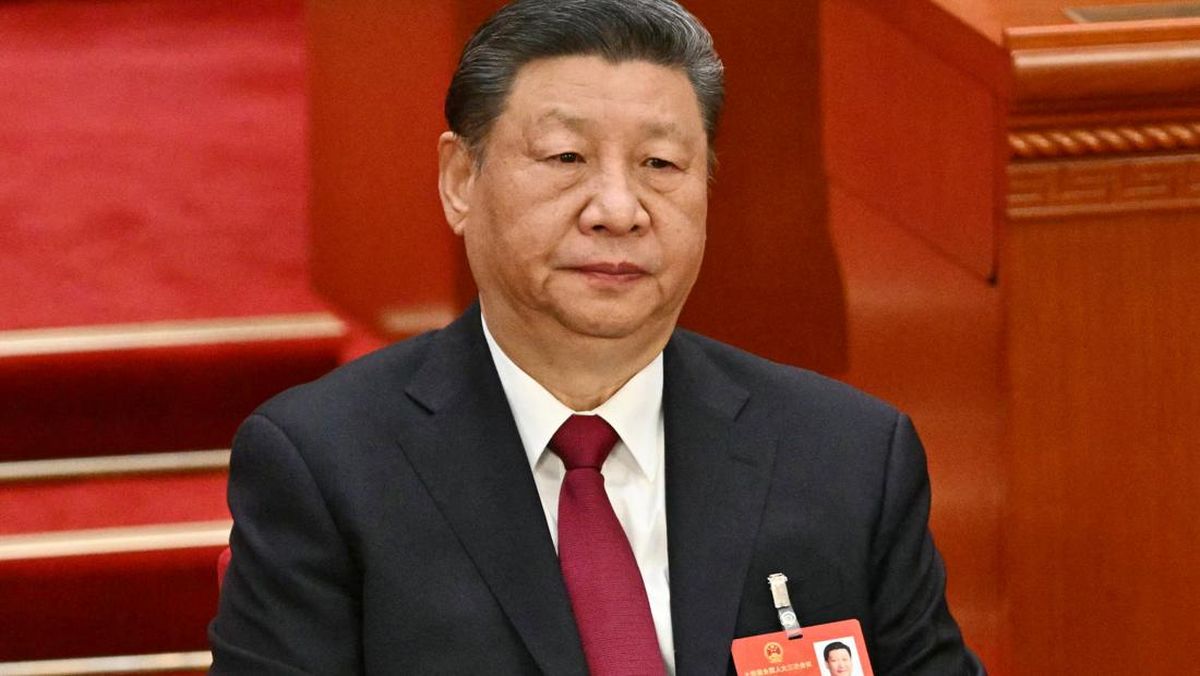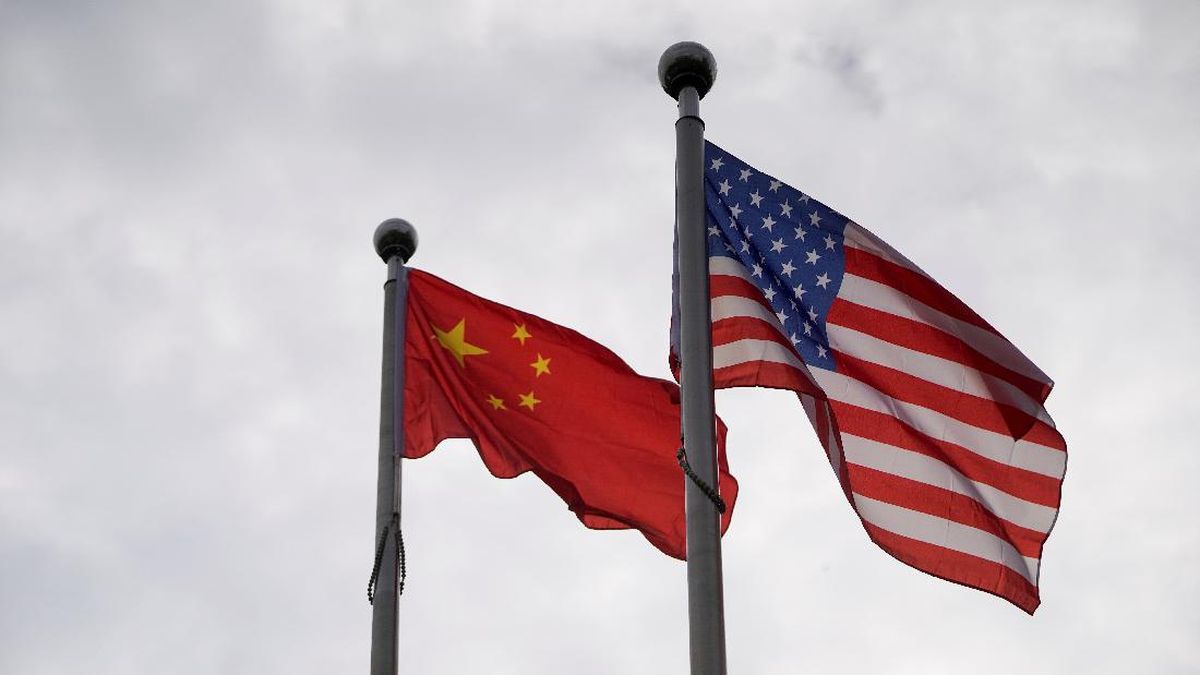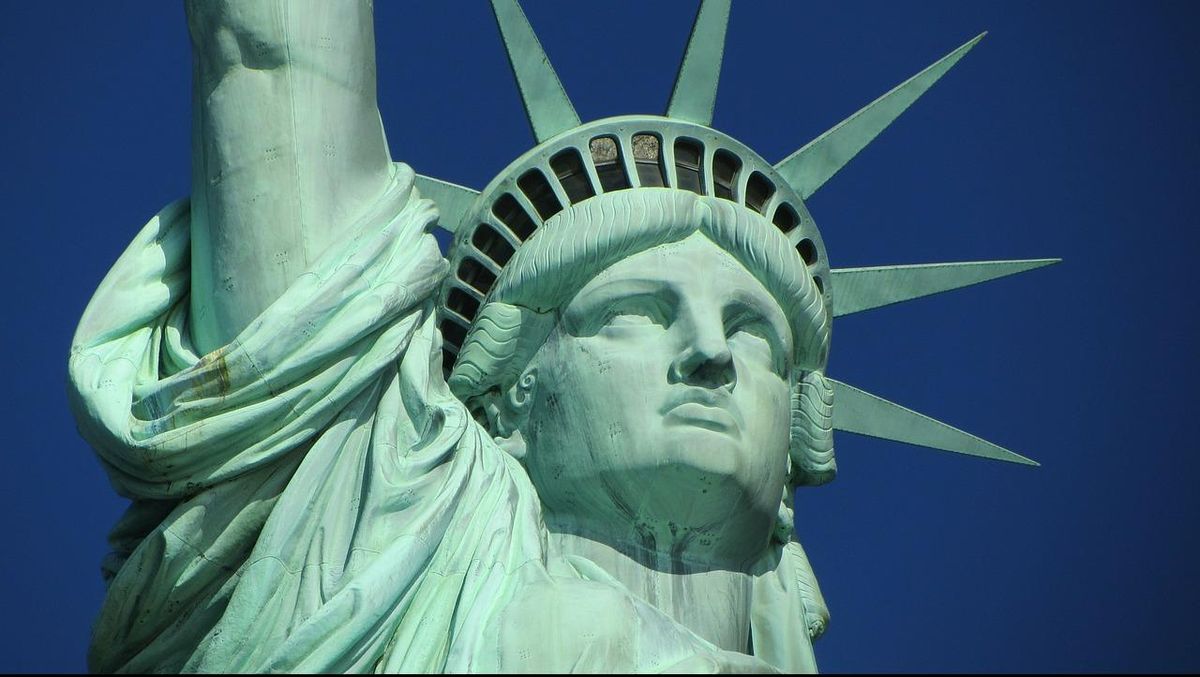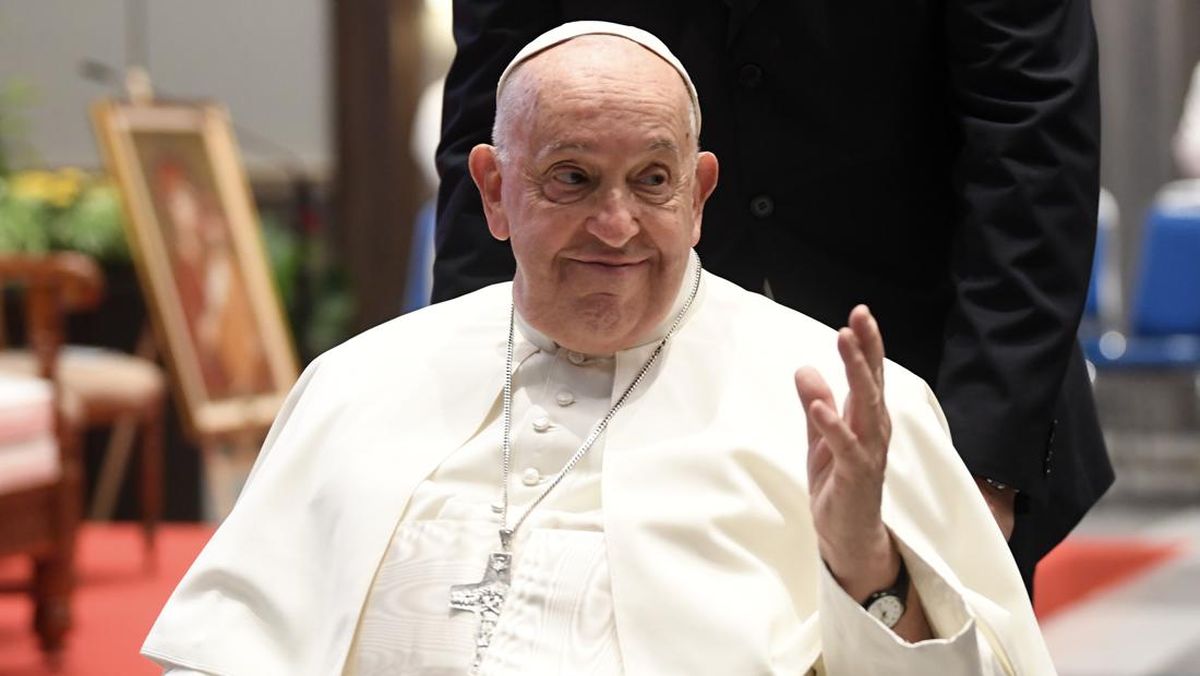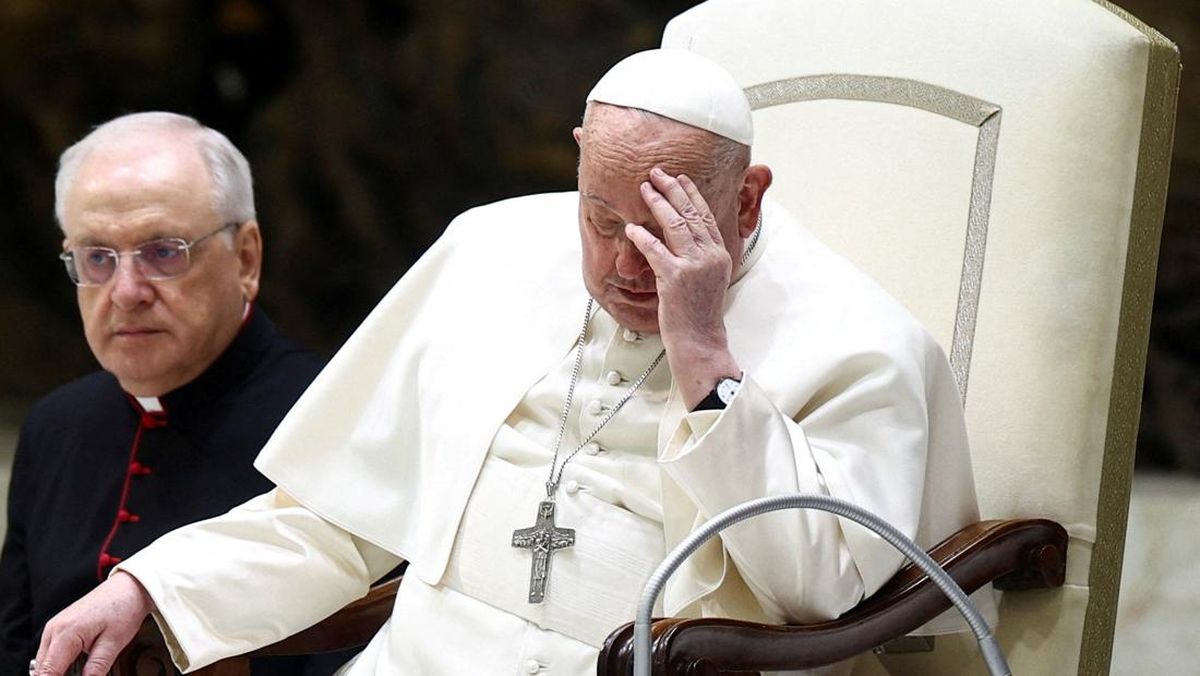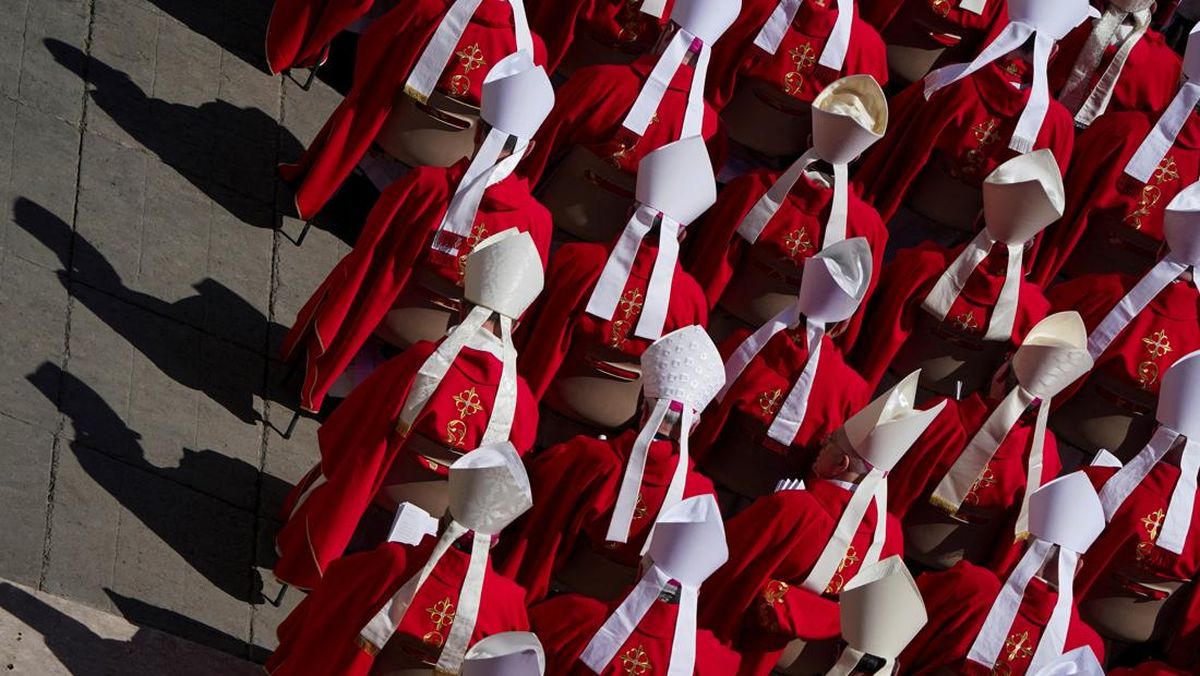
"It takes philanthropy in concert with civil society and government — massive government funding — to change things ... " says Melinda French Gates. "Philanthropy cannot do it on its own." Jason Bell/Flatiron Books hide caption
toggle caption
Jason Bell/Flatiron Books
Five years ago, Melinda French Gates stood at a crossroads. After 27 years of marriage to Microsoft co-founder Bill Gates, she decided to walk away, not only from a relationship that had defined much of her adult life, but eventually the philanthropic empire they built together. Last spring, she left the Gates Foundation, the organization that had become the heartbeat of her professional identity.
"Great wealth does not shield you," French Gates says. "I have an absurd amount of wealth and I'm doing my very best to give it away. … But what I want people to know is that I'm a human being and they may put a label on me, but that label doesn't really define who I am. … By being my authentic self, I hope they can see, OK, she's gone through struggles and hardship too, but come out the other side and so maybe I can as well."
In her new book, The Next Day: Transitions, Change, and Moving Forward, French Gates reflects on these seismic shifts, not just the end of her marriage or the reinvention of her public life, but the deeply personal evolution that came with those transitions. She takes readers inside the moments that have defined her — becoming a mother, grieving the loss of one of her best friends, and grappling with the hard-earned lessons of philanthropy.
"I mistakenly thought that philanthropy could change things more than it could," French Gates says. "I didn't realize that it takes philanthropy in concert with civil society and government — massive government funding — to change things. If you really want to affect children's lives around the world and get vaccines out, that takes enormous government funding. Philanthropy cannot do it on its own. If you want to affect maternal health around the world, you really have to have philanthropy, again, taking on the experiments, trying things, figuring out what works, doing the research, but then it really takes government funding to scale those things up."
French Gates is the founder of Pivotal Ventures, which focuses on social progress for women and families in the United States.
Interview highlights
On the Trump administration's dismantling of USAID
The cuts of things like USAID are absolutely devastating for families all over the world. Let's be honest: 16 million women will not have access to maternal health services because of these cuts. Everything that philanthropy does is … we take risks where a government can't with taxpayer money and shouldn't. But then once we know something works, it's really up to government to scale it up. So to see that women won't have health services or there'll be 17 million more cases of malaria next year, it's almost unimaginable to me.
On The Giving Pledge, which invites billionaires to commit to giving away a majority of their wealth
If you have a billion, you have an absurd amount of wealth, and so you should give at least half of it back to society because you have benefited from society. You've benefited from those laws, or those roads, or the people that helped you along the way. … So we set out to role model for society with The Giving Pledge – founded by Warren Buffett, my ex-husband Bill Gates and myself – to say, if you're of this level of wealth, join us and commit to giving half away. None of the three of us would have thought that we would have over 240 families now that are part of The Giving Pledge, and we have not just first generation givers, but now we have second and some third generation givers.
On finding her voice with the Gates Foundation's women's health initiatives
I [would] go into a room with a prime minister or president and they would immediately turn to my ex-husband as if he was the expert on the foundation, when in fact he was still working at Microsoft and I'd been traveling more. So I think in all of those sort of moments that happen or those slights, I started to lose who I was. … I was telling my kids to use their voice in the world and even to stand up to other people in school if there was a bully. And I realized unless I was role modeling that, I wasn't really living my values. And so it just felt really good. It felt like coming back to home over time.
On focusing the Foundation's work on contraceptives

When I was working at the Foundation, I started to see through all my travels the difference that when a woman could space the births of her children, it made an enormous difference in the children's health and being able to go to school and then ultimately the wealth of the family. And yet I would meet so many women around the world who knew about contraceptives, but didn't have access. And as I started to learn and study about it and ... I learned the history of contraceptives and when women had had them and under what circumstances and when they hadn't. And I realized we needed to do something about this as a foundation. So I decided on the global stage: I'm going to set the agenda. Because for whatever reason, this has fallen off the global health agenda, and yet it's vital for women and for babies. We were losing — we still are — too many moms in childbirth because their babies were coming too close and too often, particularly in these low-income countries, and then the babies were dying as well.
On how she squares her work with contraceptives and her Catholic faith
The Catholic Church does not believe in birth control – and yet I do. I know the difference it makes for women all over the world. And so I had to really wrestle with my faith, this faith that has … these man-made rules. A woman should not use a contraceptive – so does that outweigh the fact that she might die or her child might die? I had to really spend time in quiet and wrestle with that. I read a lot of different theologians. … and [I] had to form my own point of view.
On wanting her kids to know they were loved, and lucky
I purposely put them in schools, I didn't homeschool them. … I wanted to be part of the community. … When they were lucky enough to travel … we went out and saw what life was like for other kids. And even in the Seattle community, we would go out and work with the homeless, work in a community shelter, be on the lines where they're feeding people. And so my kids got to see, my gosh, aren't we lucky? And to really think about their role in society. …
My kids got to see what life was like and that Seattle was this tiny speck on the map. I tried to ground them in that, ground them with chores, ground them with an allowance. And the people who were helping me in and around the house, also people just with good values. So I did my best and I'm proud of all three of them. They're all in their 20s now.
Sam Briger and Anna Bauman produced and edited this interview for broadcast. Beth Novey and Molly Seavy-Nesper adapted it for the web.
Editors Note: The Gates Foundation is among NPR's financial supporters and a supporter of the Goats & Soda blog. Melinda French Gates is no longer with the foundation.

 2 months ago
40
2 months ago
40






















